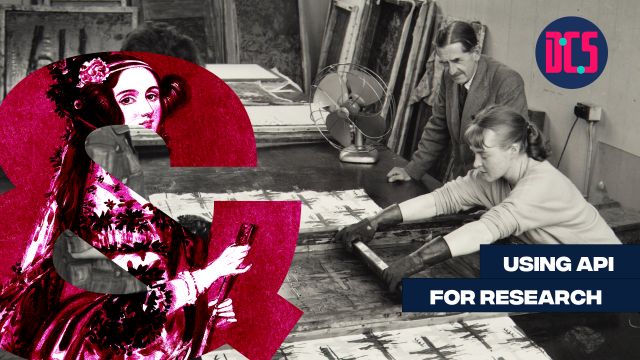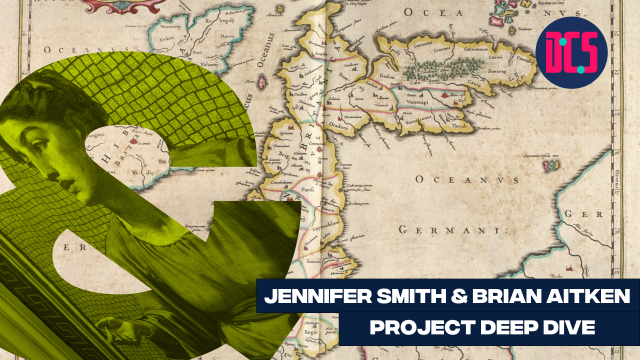Silent Disco: Text Mining YouTube Comment Data with WordFish in R

Online
In this tutorial for Programming Historian, you will explore how to download YouTube video comments and use R to analyse the dataset with Wordfish, an algorithm designed to identify opposing ideological perspectives within a corpus. You can explore the tutorial here.
The workshop will take place via Microsoft Teams in a ‘Silent Disco’ format. This is an asynchronous event: when taking part, you will work through the tutorial at your own pace with an instructor available online to help you with any issues.
This is an advanced course. You will need a basic understanding of R and how to run R code. Previous knowledge of text analysis and sentiment analysis will also be needed to understand its content. If you want to review your familiarity with the R interface, you can look at this video. If you want to familiarise with the package Quanteda of which Wordfish is part of you can explore these tutorials.
Those who have registered to take part will receive an email with full details and a link to join the session in advance of the start time.
This Silent Disco will be facilitated by Lucia Michielin.
After taking part in this event, you may decide that you need some further help in applying what you have learnt to your research. If so, you can book a Data Surgery meeting with one of our training fellows.
More details about Data Surgeries.
If you’re new to this training event format, or to CDCS training events in general, read more on what to expect from CDCS training. Here you will also find details of our cancellation and no-show policy, which applies to this event.
If you're interested in other training on working with unstructured data, you can have a look at the following:
- Scraping Websites with R
- Explore Unstructured Data: The Secret World of XML
- Silent Disco: Introduction to Text Analysis












